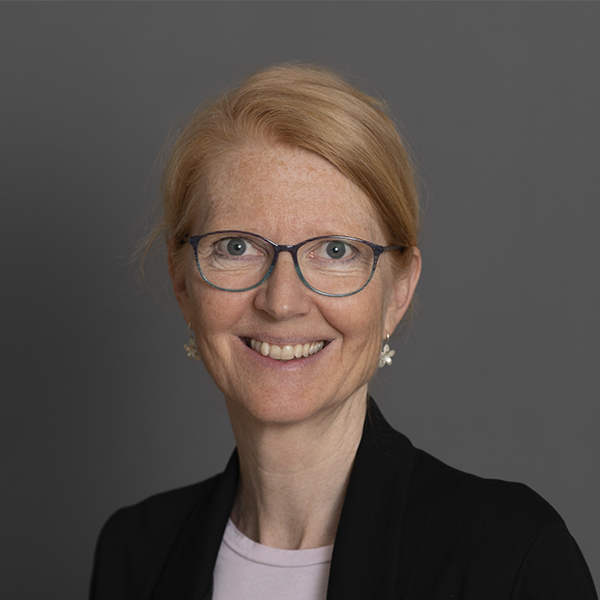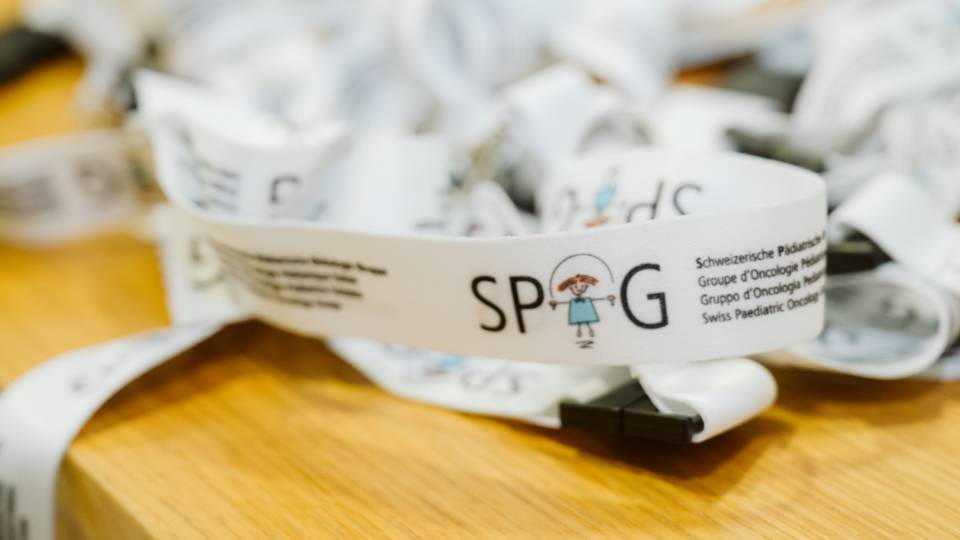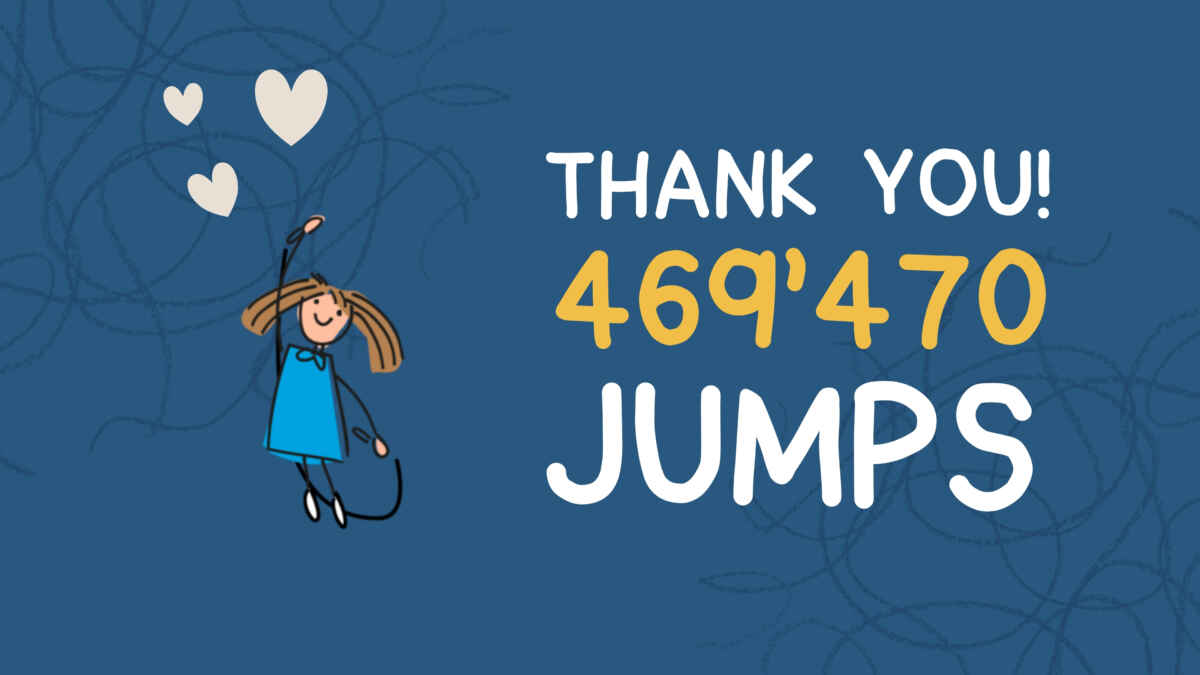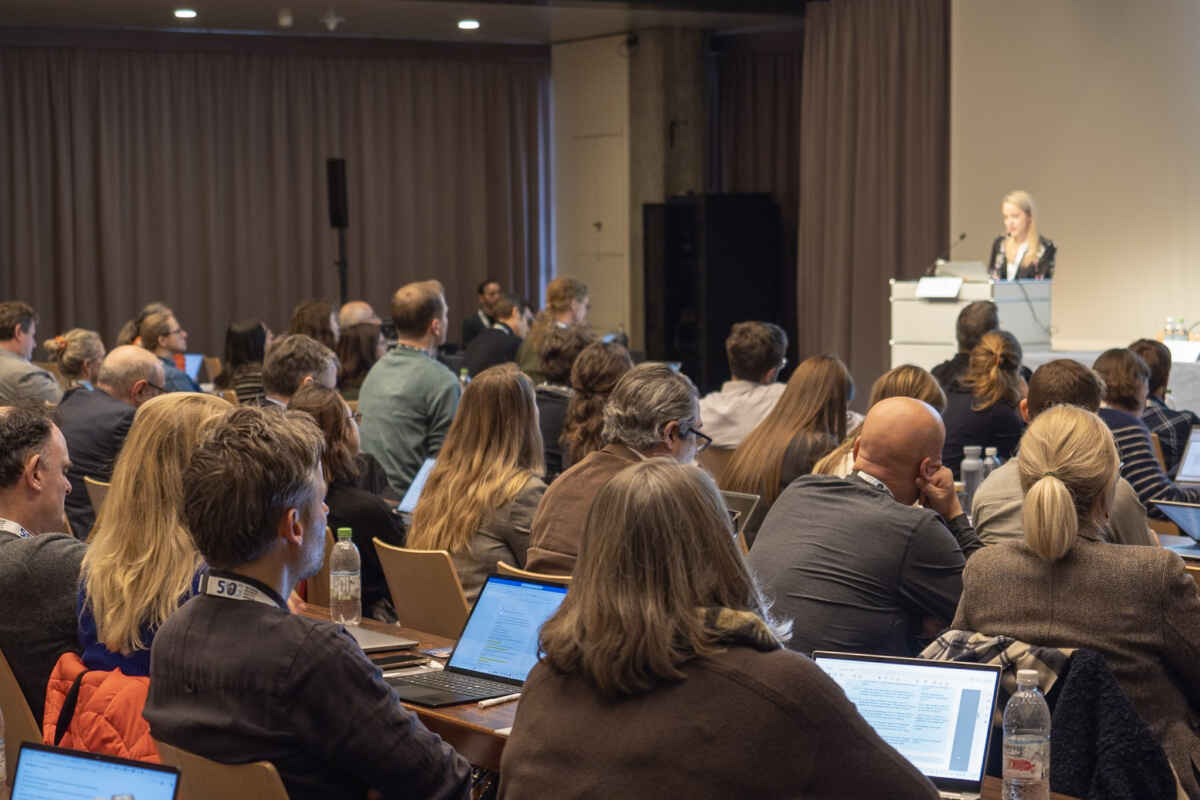National cancer plans are political instruments that aim to improve the care of cancer patients. As decided by Parliament in 2024, Switzerland will develop such a plan. The role of paediatric oncology in this context was the focus of the second stakeholder meeting of SPOG and the Swiss Society for Paediatric Haematology and Oncology (SSPHO) on 7 March 2025. Around 100 participants were present in Bern.
What matters to those affected
That the national cancer plan should adequately address the needs of children and adolescents with cancer was an undisputed fact. A major concern, expressed several times, was the need for improved access to new medication.
The current survival rate in Switzerland is high at an average of 87 per cent. It was however important for the children’s cancer organisations to emphasise that every single child counts. Furthermore, quality of life and the care for survivors after the illness are also essential.
The ‘Masterplan 2025’ as a foundation
Oncosuisse, the umbrella organisation of eight cancer organisations, developed the “Masterplan 2025” over the past years in collaboration with more than 400 experts. It focusses on prevention, early detection, access to treatment and life with and after cancer. The shortage of skilled professionals, clinical research, and the use of patient data have emerged as key transversal issues. The Federal Office of Public Health (FOPH) is now using Oncosuisse’s masterplan as the reference framework for the national cancer plan.
The concerns of paediatric oncology
Katrin Scheinemann, President of SPOG, explained which topics in the masterplan are relevant for children and adolescents. According to the paediatric oncologist, the gold standard is treatment within a clinical trial. However, as regulations for international studies increase, delays in opening new studies are becoming more frequent. According to Katrin Scheinemann, other challenges include rapid access to new medication and follow-up care in adulthood, as long-term effects can accompany survivors throughout their lives.
‘Positive spirit’ for collaboration
A common agreement among stakeholders was that paediatric oncology wants to contribute to all relevant topics of the cancer plan. A ‘shared positive spirit’ was palpable, reinforcing the collaboration of all parties even beyond the cancer plan – for the benefit of the affected children and adolescents.
“Paediatric oncology wants to contribute to all relevant topics of the cancer plan.”












